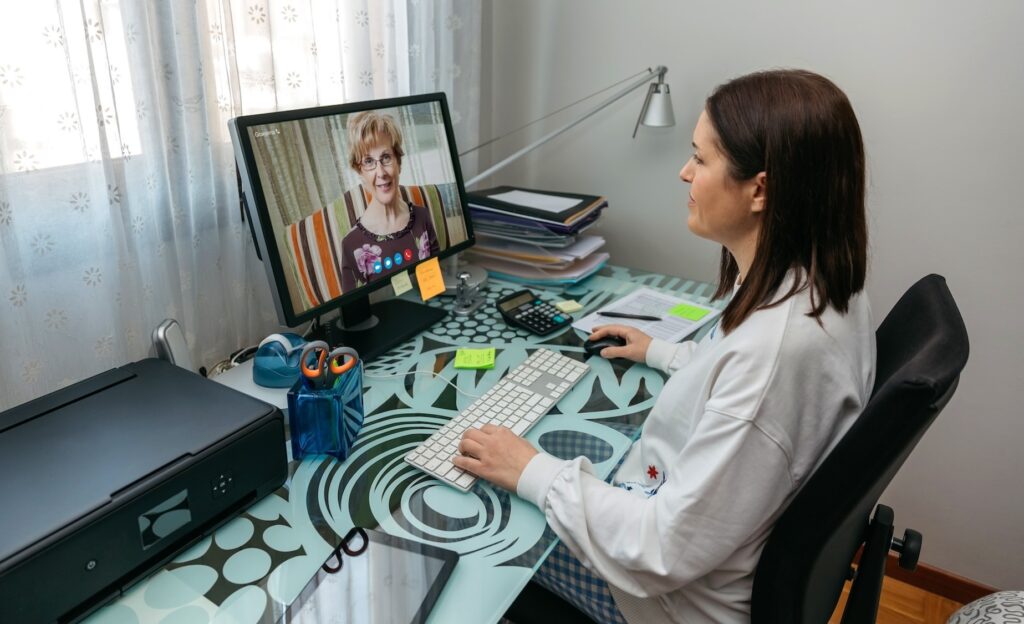
By Jeni Gentry
Postpartum depression (PPD) is a serious mental health condition that affects women after childbirth. It’s more than just the “Baby Blues” and can cause significant distress and impairment in daily functioning.
Symptoms of PPD can include persistent sadness, anxiety, irritability, loss of interest in activities, difficulty sleeping, changes in appetite, and feelings of guilt or worthlessness.
There are several treatment options available for PPD, including:
- Therapy: Therapy can help address the emotional and psychological aspects of PPD, develop coping skills, and improve their overall well-being.
- Antidepressants: These medications can help regulate mood and reduce symptoms of depression.
- Brexanolone: This medication is specifically approved for postpartum depression and is given as an intravenous infusion over 60 hours.
- Zuranolone: This medication is a once-daily pill taken for 14 days and is also specifically approved for postpartum depression.
The decision to take medication for PPD should be made in consultation with a healthcare provider. It’s important to weigh the benefits and potential risks of each medication and consider individual factors such as the severity of symptoms, breastfeeding, personal preferences, and potential side effects.
In addition to medication and therapy, there are other things that can help women with PPD:
- Support groups: Connecting with other women who are going through similar experiences can be incredibly helpful.
- Self-care: Taking care of oneself by eating healthy, getting enough sleep, and engaging in enjoyable activities can also be beneficial.
- Take a break: Ask for help to give yourself time to rest and recover.


